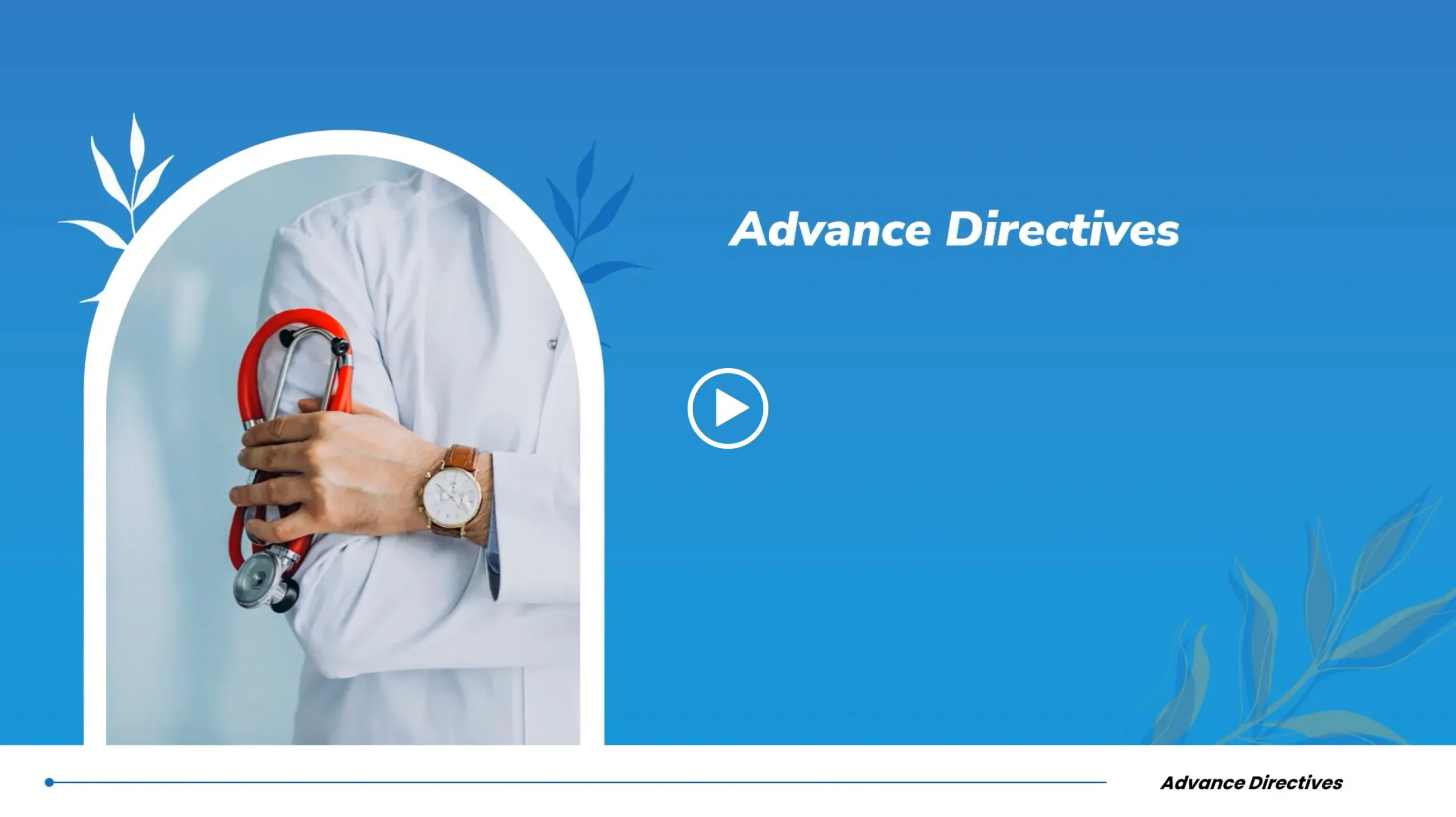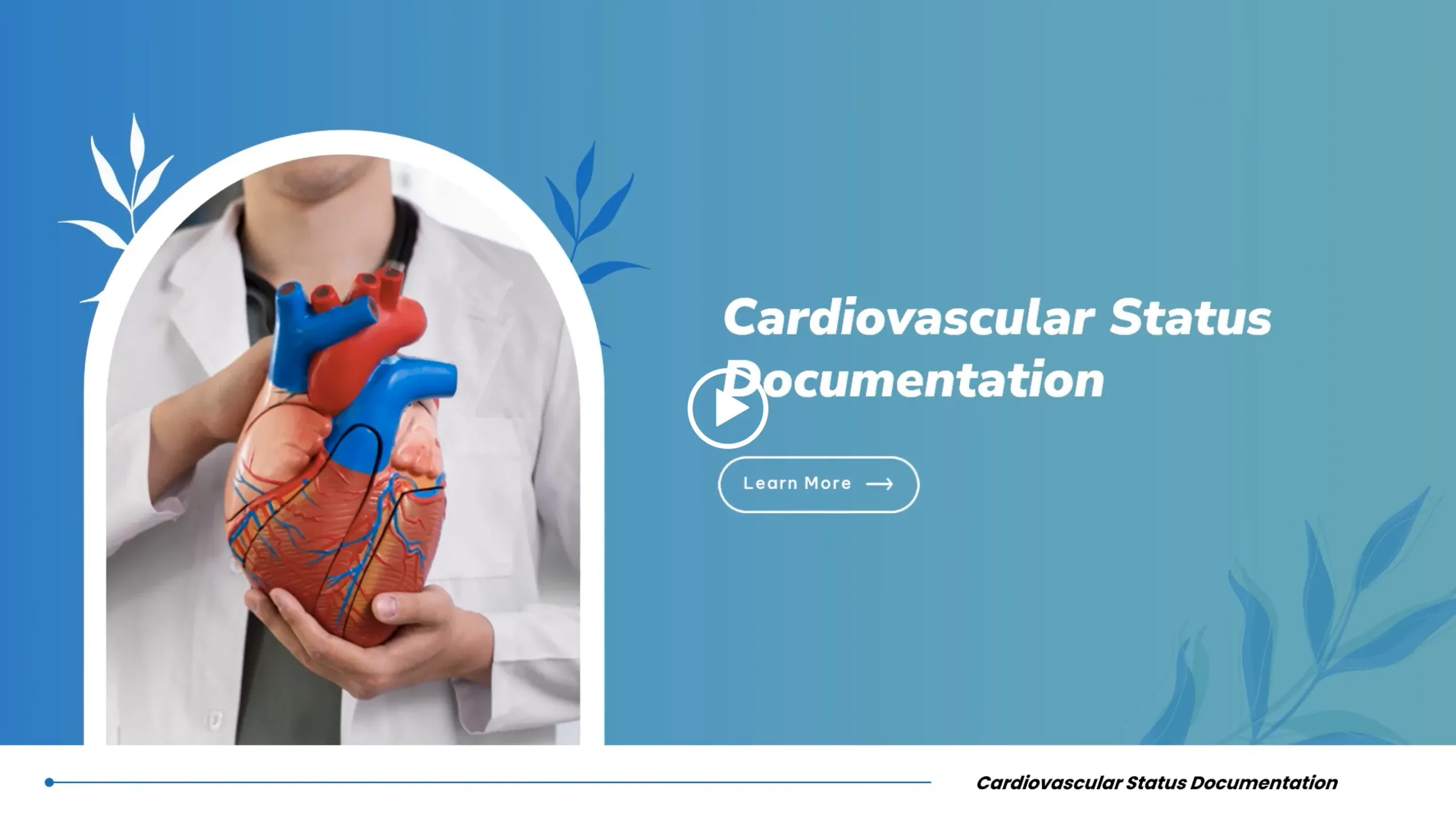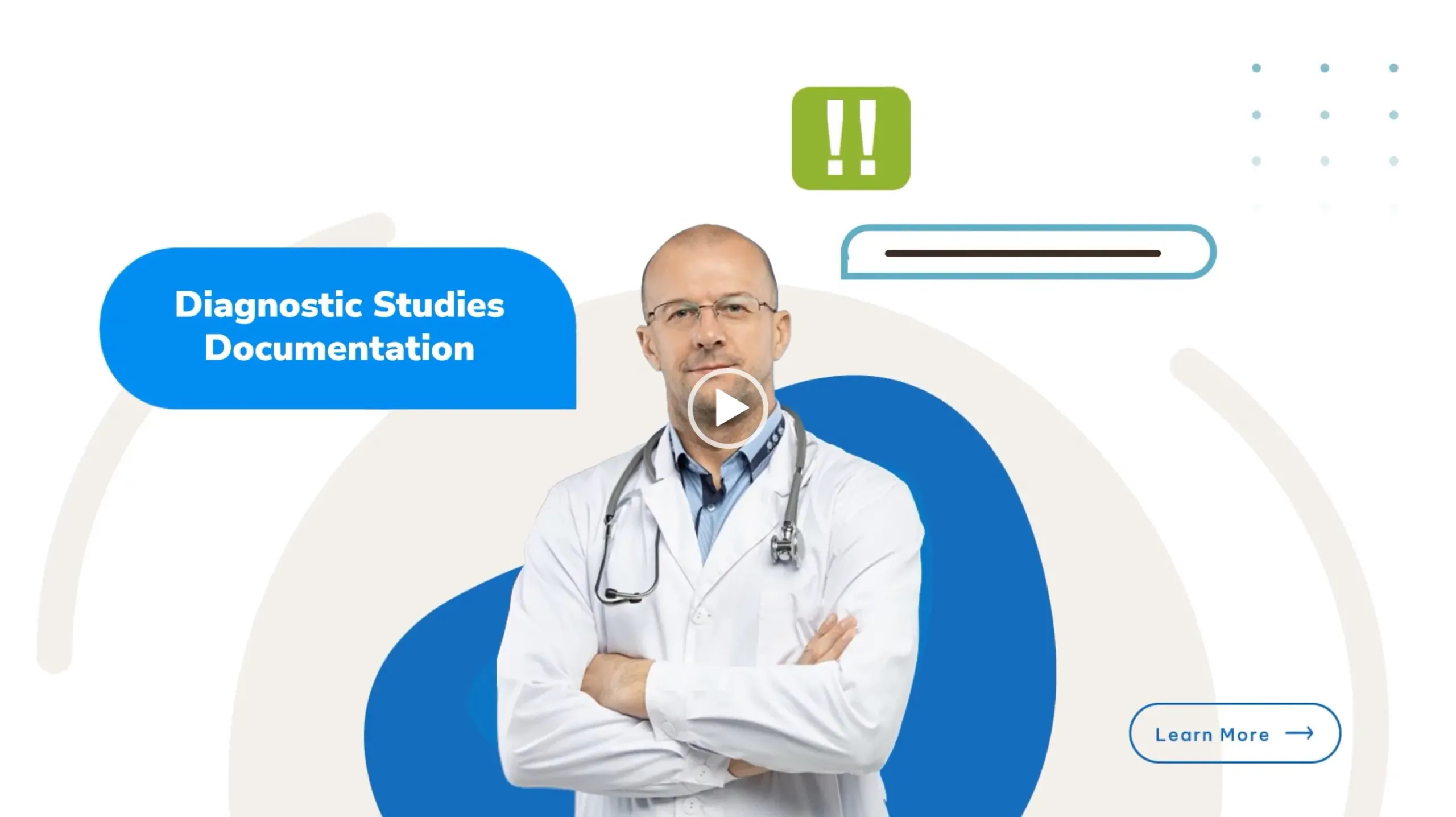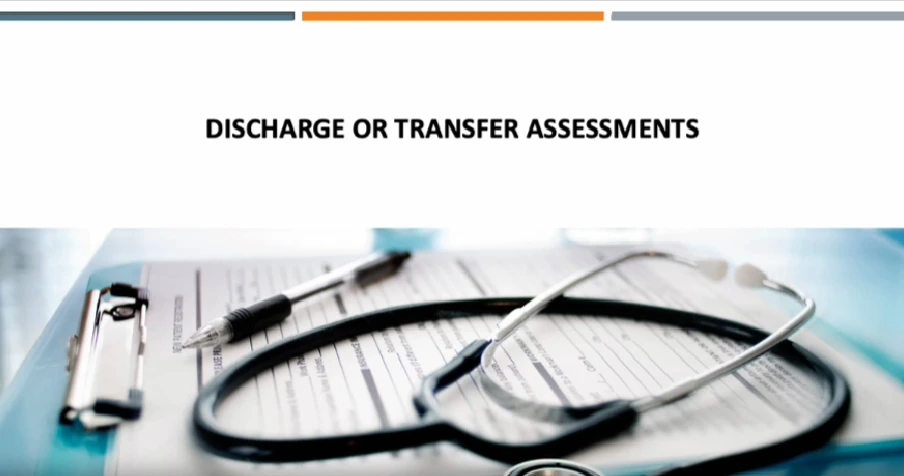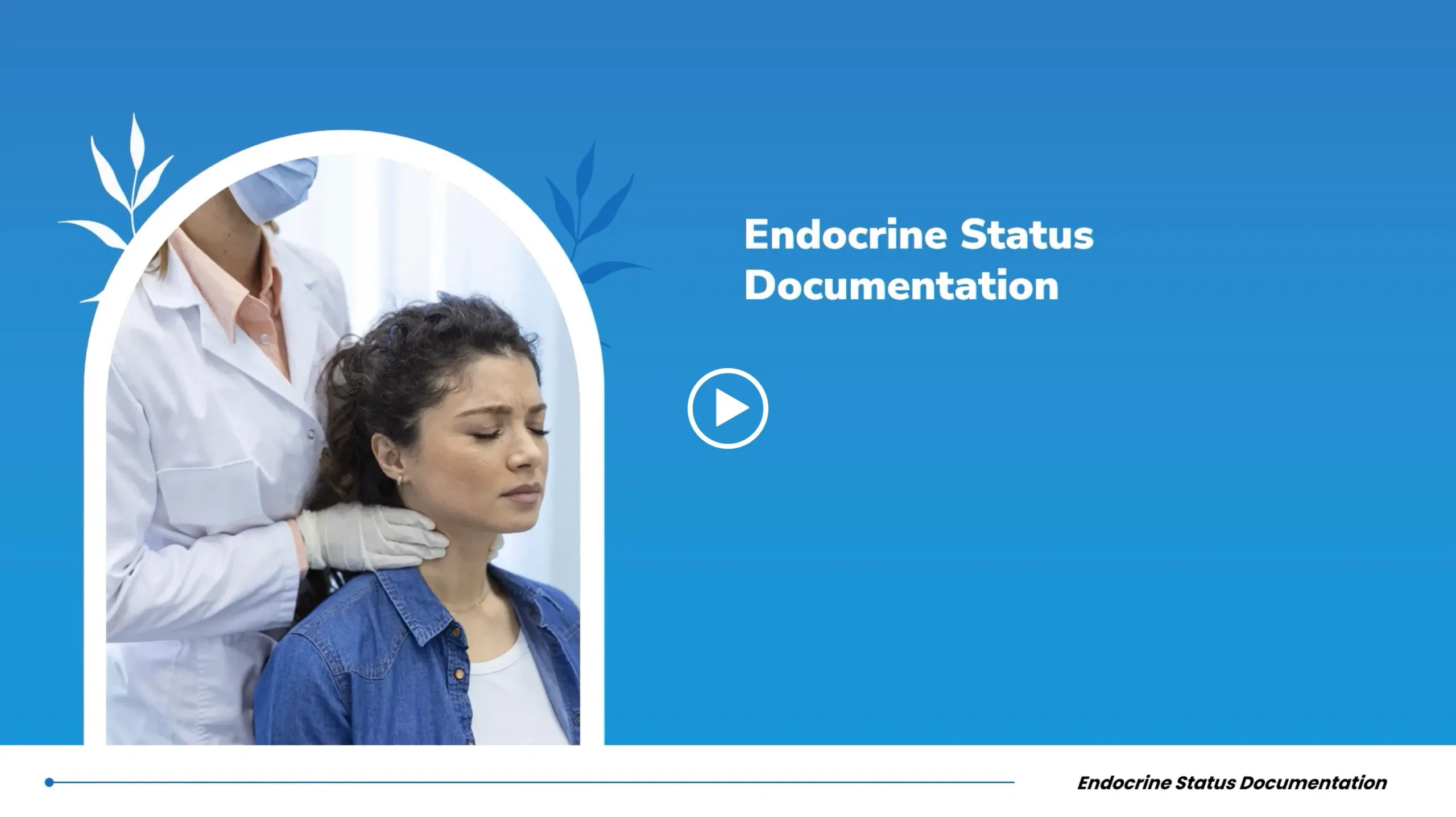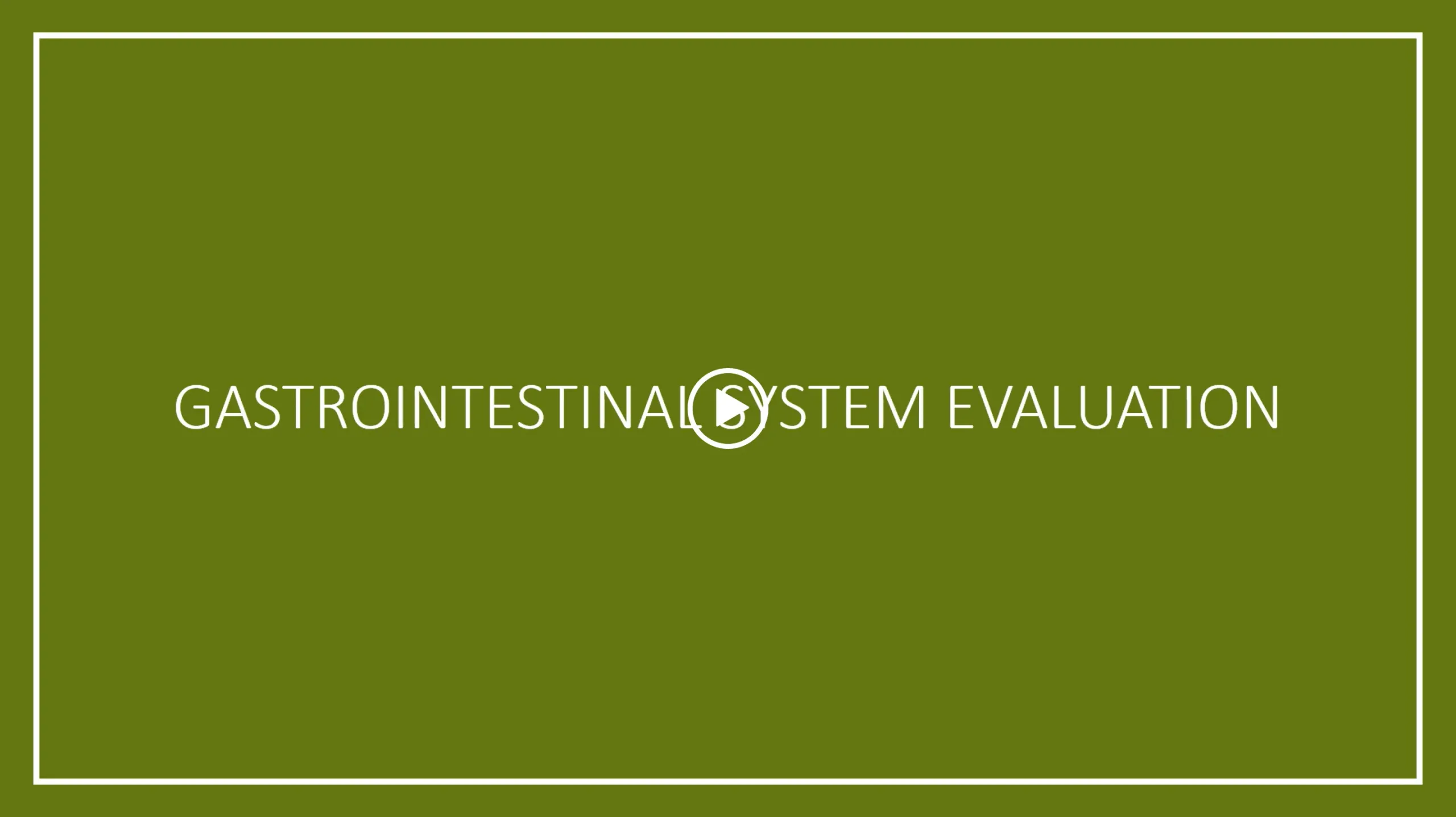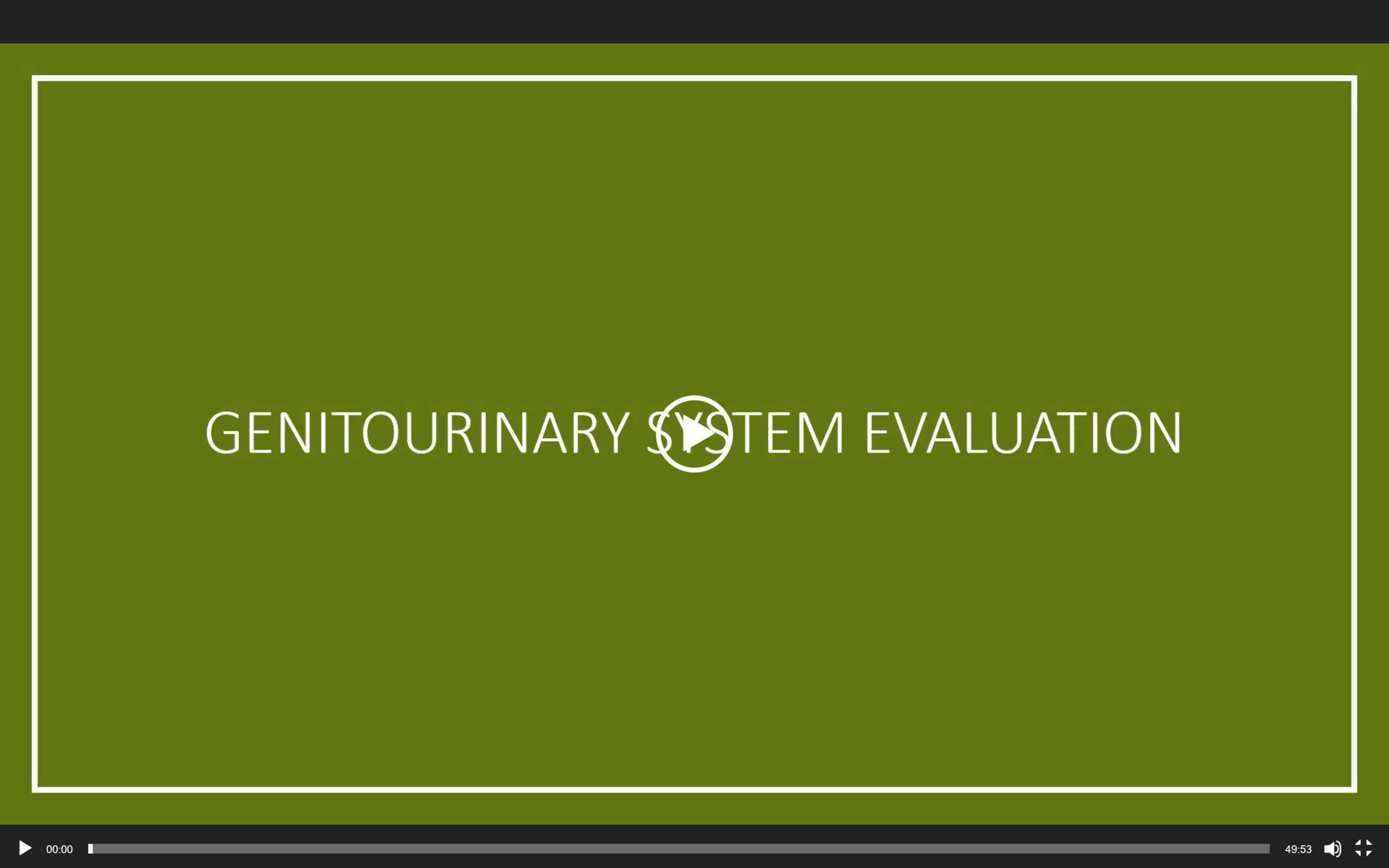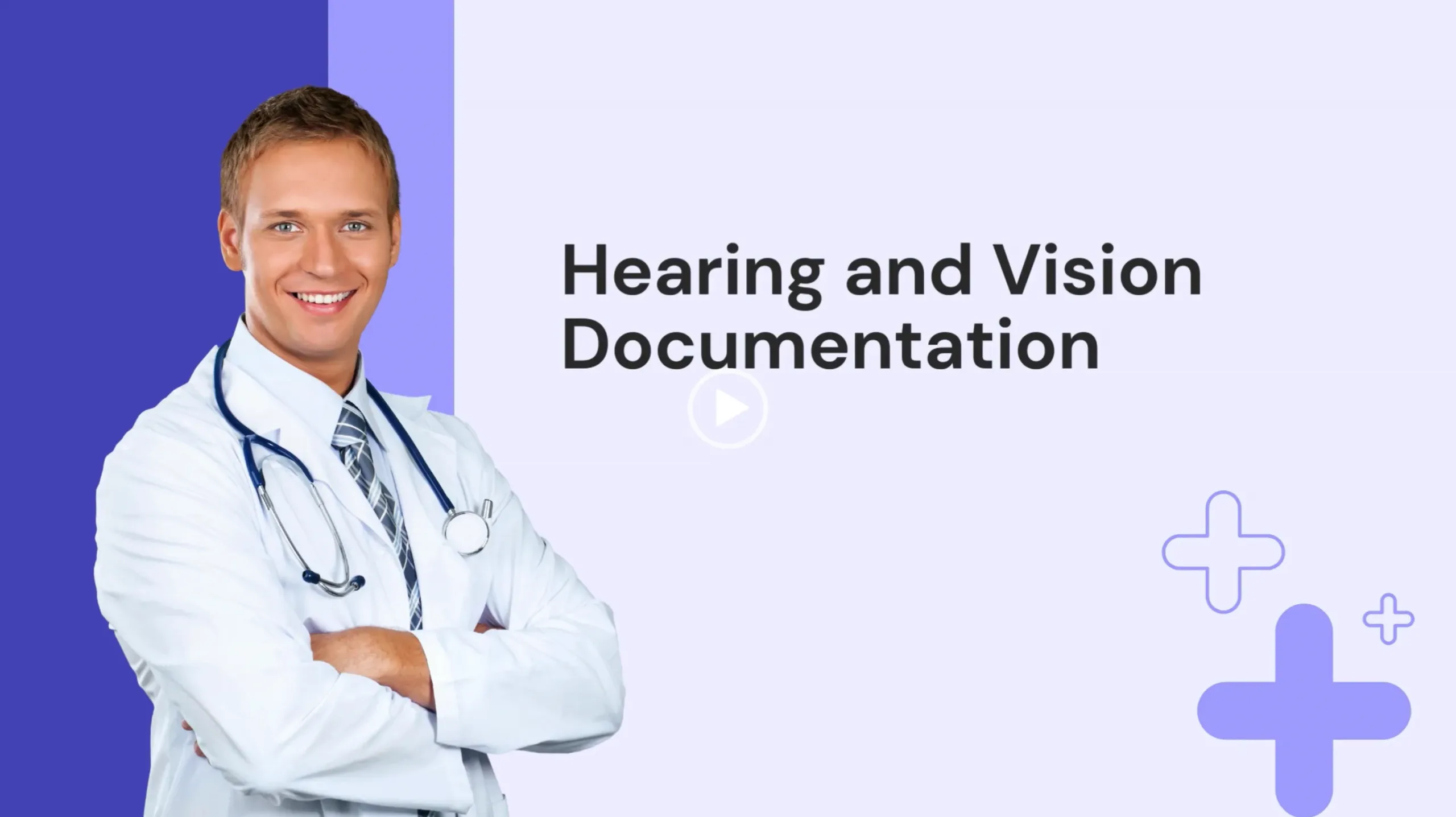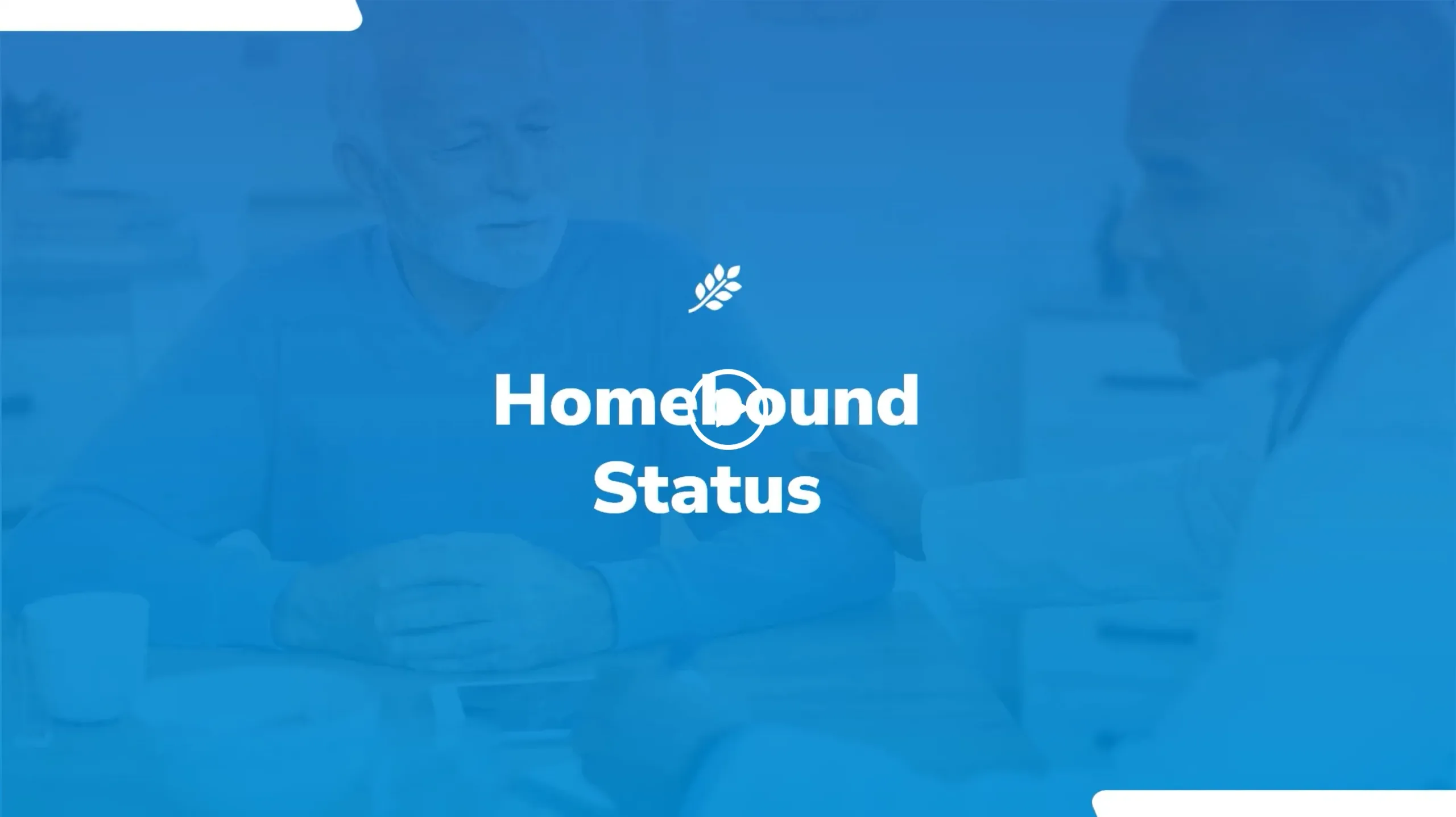Advance Directives
Advance directives allow the individuals to make their health care decisions in advance. In this presentation, you will learn the basic concept of advance directives including terminology on advance directives, types of advance directives, guidelines for choosing witness on the advance directives.
Cardiovascular Status Documentation
This OASIS-E1 training video presents the information related to cardiovascular health that home health clinicians significantly deal with such as – hypertension, hypotension, orthostatic hypotension, tachycardia, bradycardia, heart failure, arrhythmia, and use of pacemaker etc.
The training focuses on the cardiovascular status documentation for OASIS-E1 including noting the important findings on all types of assessments – Start of Care (SOC), Resumption of Care (ROC), Recertification, Discharge as well as weekly follow up visit notes.
Diagnostic Studies
This video includes information regarding some screening and diagnostic studies that are routinely and periodically recommended for individuals with history of or at risk for certain health conditions. These studies help diagnose issues in their early phase for appropriate management measures to be adopted. They also serve as good prognostic indicators to study the course of an ailment in affected individuals and also aid in identifying recurrence of issues that were once treated.
Discharge Or Transfer Assessments
In this video, we will learn how to answer questions on the newly added Discharge and Transfer Assessment section on OASIS-E1. The questions include M0906, M2301, M2310, M2410, M2420, A2120, A2121, A2122, A2123, A2124, J1800 and J1900. We also discuss Patient Discharge Status which is an important topic.
Endocrine Status Documentation
This OASIS-E1 training video presents information on the Endocrine section. In a home health setting, on the Endocrine status we significantly deal with diabetes and thyroid dysfunction. In this presentation, we will learn about the findings for diabetes and thyroid function which need to be reported on OASIS-E1.
Gastrointestinal System Evaluation
This OASIS-E1 training video presents information on Gastrointestinal topics such as constipation, bowel control, ostomy, gastroesophageal reflux and indigestion, and inflammatory bowel disease which are frequently encountered in senior citizens.
We also discuss how to answer the OASIS questions M1620 & M1630 which are the mandatory questions for gastrointestinal evaluation on section H of OASIS-E1.
Genitourinary System Evaluation
This OASIS-E1 training video presents information on the Genitourinary topics such as bladder control, UTIs, prostate issues in males, urinary catheters, urostomy, nephrostomy, CKD, and dialysis which are frequently encountered in senior citizens.
We also discuss how to answer the OASIS questions M1600 & M1610 which are the mandatory questions for genitourinary evaluation on section H of OASIS-E1.
Home-Bound-Status
An individual must be Homebound, which is a requirement one must satisfy to qualify for initiating home health care services and remain so, as long as the services are received. We need to answer about Homebound status on every Medicare patient assessment. In this presentation, we learn about guidelines and criteria which define the Homebound status of an individual.
OASIS Training Videos for Home HealthSite Dev2024-10-14T08:53:02-06:00

